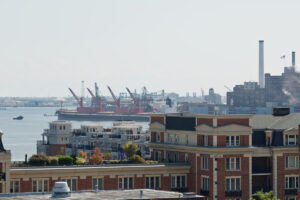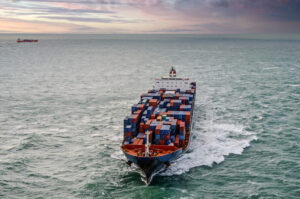Wilson Sons, the largest operator of port and maritime logistics in the Brazilian market, has recently incorporated the IMO TIER III standard in the company’s four tugboats.
The tugboats, being built at the Group’s shipyard in Guarujá, will incorporate the IMO standard which reduces by more than 75% the emission levels of nitrogen oxides.
The total cost to implement IMO Tier III standards is $290,000, the company said.
“Nitrogen oxide is a greenhouse gas, which can be 300 times more polluting than carbon dioxide itself. Tier III is a great differential of this project and shows how much we are in the vanguard of the Brazilian naval industry”, said Rodrigo Bastos, director of operations of the Towage unit.
The first tugboat built with this standard should start operating in February of 2022 and the second one in August.
The project is developed by Damen Shipyards, a Wilson Sons’ partner for more than 25 years, and the vessels will have 80 tons of bollard pull (TBP), 25m long and 13m wide, with Escort Tug class notation.
With this technology, the new tugboats will comply with the requirements of some regions of the North American and European markets, determined by the International Maritime Organization (IMO) as emission control areas.
“The IMO, of which Brazil is a signatory, has been advancing the strategy to reduce greenhouse gas emissions in the maritime sector. Wilson Sons is being a pioneer in Brazil in meeting the requirements of Tier III standard, since it is not a requirement for the national territory, anticipating an eventual regulation in the country,” explained Bastos.
In these projects, Wilson Sons will also use another pioneer technology in the market, the “twin fin”, a set of fins that increases the drag capacity during manoeuvres and improves the performance of the tug.
Another ally in the protection of the environment is the Towage Operations Center (COR), which monitors the displacement of the tugboats, defining the best moment for the movement, controlling the speed and fuel consumption, with the objective of ensuring greater efficiency, avoiding waste and, consequently, reducing gas emissions.
Recently, the Company also became a member of the Carbon Disclosure Project (CDP) and obtained a result higher than the average of companies in the Latin American maritime support sector.


